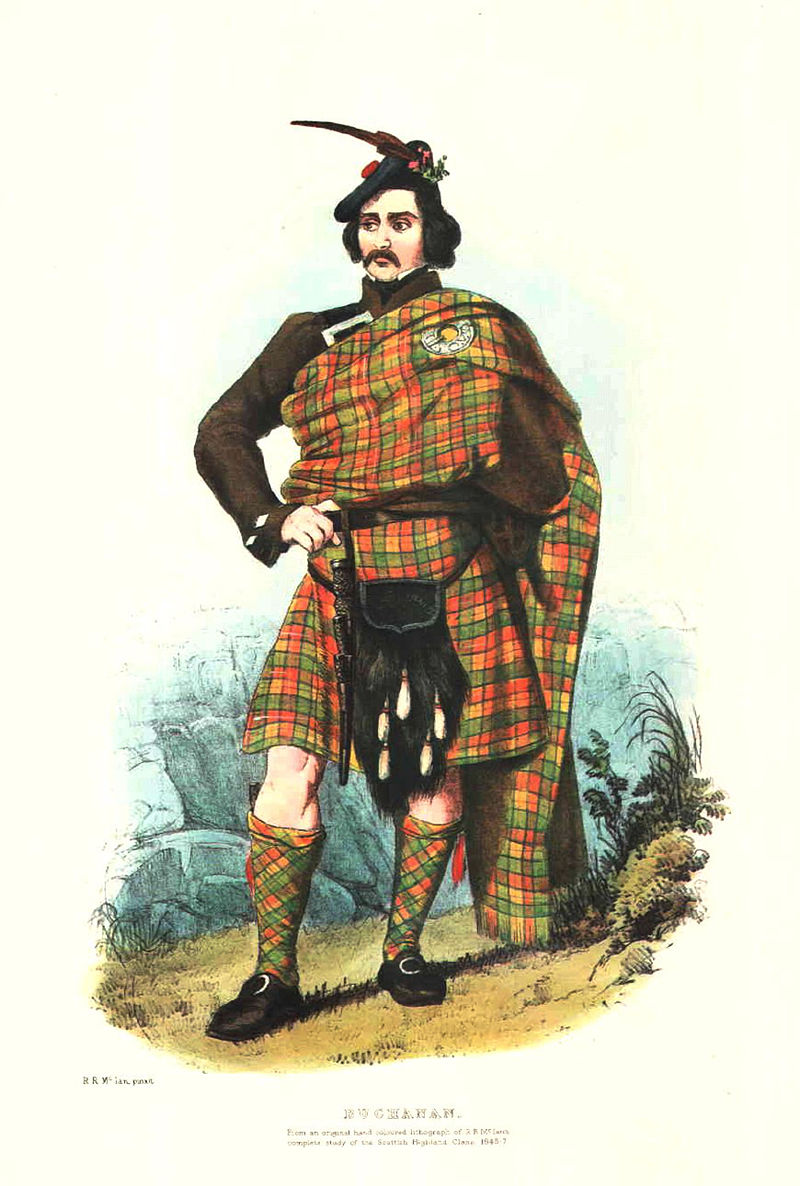Key Difference – Laird vs Lord
There is a significant difference between the terms laird and lord, despite their similar meanings. Laird is a Scottish term and is often considered the English equivalent of lord. However, it lacks the associations with nobility or aristocracy that the term lord carries. A laird refers to the owner of a large estate in Scotland, while lord is a peerage title and is not connected to land ownership. This is the main distinction between laird and lord.
What Does Laird Mean
Laird is a Scottish term which refers to the owner of a large estate in Scotland. Generally, laird is considered to be the Scottish equivalent of lord. A person who has inherited or purchased a large estate has the ability to take on the title laird. However, this is not an official designation like lord. The term laird does not imply membership in the peerage or nobility. The female equivalent of laird is lord.
What Does Lord Mean
The term lord has several meanings. In general, lord may refer to someone with great power. It is also used more broadly to refer to a nobleman – a man of noble rank or high office. In British peerage, lord is a title used to address a baron, viscount, earl, duke, or marquis. An English lord is always a member of the nobility and a member of the House of Lords. Moreover, a person doesn’t become a lord just because he owns a large estate. Some of these titles are hereditary and are originally attached to land ownership, but some titles are bestowed for life by royals (the title dies with the owner). The female equivalent of lord is lady.
What is the difference between Laird and Lord?
English vs Scottish:
Laird: Laird is a Scottish term.
Lord: Lord is an English term.
Attached to:
Laird: The title laird is attached to the land.
Lord: The title lord is mostly attached to the family.
Meaning:
Laird: Laird is a title given to a person who owns a large estate in Scotland.
Lord: Lord generally refers to a person of noble rank or a person with power.
Peerage:
Laird: Laird is not a member of the peerage.
Lord: Lord is a member of the peerage.
Acquisition:
Laird: Lairdship can be hereditary or purchased with the land.
Lord: Lordship can be hereditary or bestowed.
